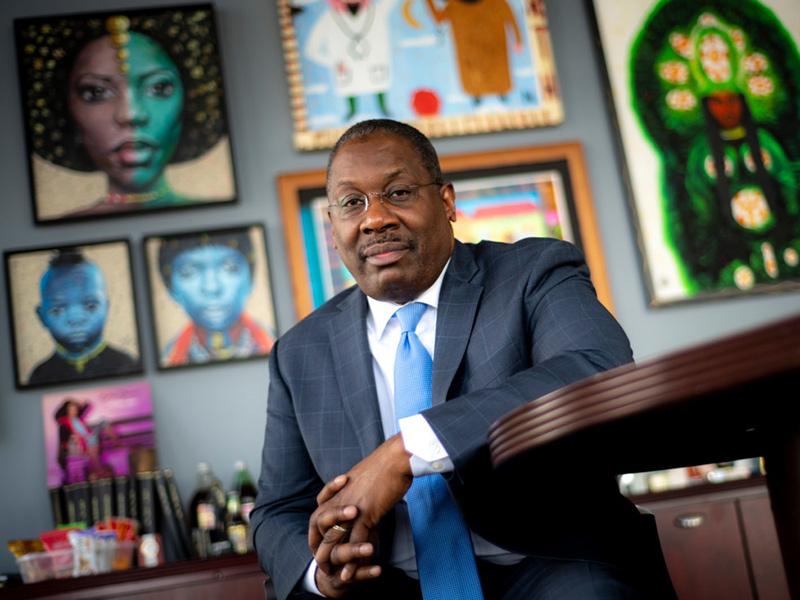Dean LaVeist, Black health experts call for Black Americans to get vaccinated against COVID-19
Black Americans are 1.5 times more likely to die from COVID-19, yet communities of color are falling behind in the nation’s vaccine rollout as many Black Americans are hesitant to take new vaccines against the disease.
Thomas LaVeist, dean of Tulane University School of Public Health and Tropical Medicine, authored a New York Times op/ed signed by 59 other Black health experts from the National Academy of Medicine urging Black Americans to get vaccinated.
“Disinformation about the coronavirus and vaccines has pervaded social media, feeding on long-held and absolutely warranted distrust of health institutions in Black communities. The lies are an assault on our people, and it threatens to destroy us,” LaVeist wrote in the op/ed. “We believe this moment requires leaders to stand up and lead: to help save our people and nation, to protect Black Americans and all Americans, and to break the stranglehold Covid-19 has had on our country.”
LaVeist, who holds the Weatherhead Presidential Chair in Health Equity at Tulane, is a leading expert on the topic of health disparities and the social determinants of health, including areas such as U.S. health and social policy, the role of race in health research, social factors contributing to mortality, longevity and life expectancy, and the utilization of health services in the United States.
LaVeist’s considerable experience in health disparities has been instrumental in the advent of COVID-19, which has been shown to impact minority communities much more severely. He has been a fervent voice in national media calling attention to this issue and was named as a co-chair of the Louisiana COVID-19 Health Equity Task Force by Louisiana Gov. John Bel Edwards.
Through the task force and through his own social marketing campaign called The Skin You’re In: Coronavirus and Black America, LaVeist is working to dispel myths and raise awareness in the Black community about protecting against COVID-19. He is also seeking a new normal that will create lasting change to significantly reduce health disparities in the state and the region.

